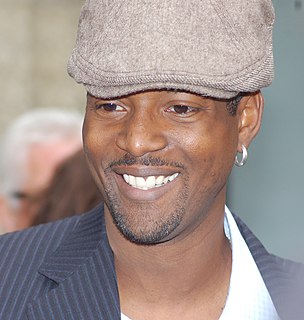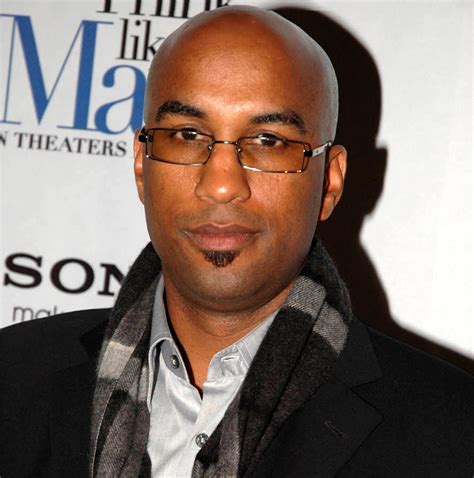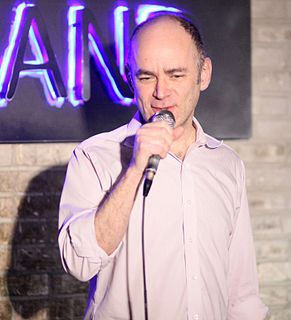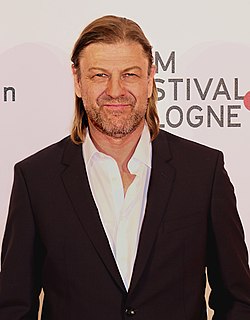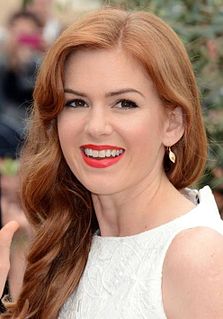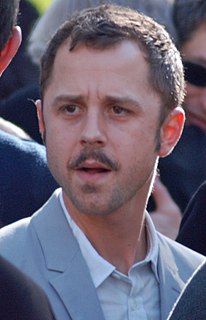A Quote by Ed Helms
Sometimes you just create a joke out of thin air in the editing room. I'm really glad I've had that experience. It gives me a little more confidence in front of the camera.
Related Quotes
I often think that at the center of me is a voice that at last did split, a house in my heart so invaded with other people and their speech, friends I believed I was devoted to, people whose lives I can simply guess at now, that it gives me the impression I am simply a collection of them, that they all existed for themselves, but had inadvertently formed me, then vanished. But, what: Should I have been expected to create my own self, out of nothing, out of thin, thin air and alone?
No one understood why I would wanna be behind the camera, not in front of the camera, and so no one took me seriously, and people said, 'Oh, well, this is just a hobby isn't it?' and I said, 'No, I really love this. I wanna make this my career,' and I did not have a lot of support at all for many years. People just kind of thought it was a joke.
I'm really specific in the way that I shoot. I've always had a very good sense of what I need in the editing room. I used to shoot in a way that drew more attention to the camera and I've tried, in each film, to draw less and less attention to the camera. I think when you pay attention to the shots, you're aware of the fact that there's a director.
I want a room that I can definitely pack out. I don't want to sweat that part, "Am I gonna have enough people?" So I usually pick like a hundred, a relatively small room. Also, I'm looser in a small room. I don't want to record an album in front of a thousand people, not that I could draw a thousand, but I just want a room that I can really work back to front. That's just a very comfortable place for me to be loose.
I just feel that I enjoy the work more than I ever have... or just as much certainly... I enjoy making films behind the camera equally to making them in front of the camera on all those years. I just enjoy it, that's all. I've been lucky enough to work in a profession that I have really liked and so I figured I'd just continue until someone hits me over the head and says "get out".
I know the pleasure you get from making your films. The intense involvement in every aspect: the acting, the camera, the colors, the costumes, even the hair and makeup. Editing is thrilling. Everything to do with films is absorbing - everything but the money part, the business. But I'm deeply glad I've had that experience.


